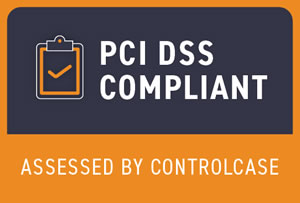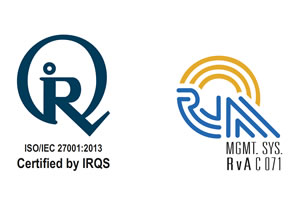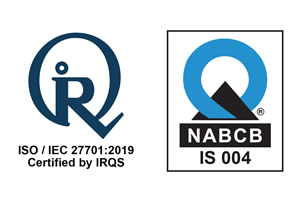 navigate_nextSecurity Tipsnavigate_nextE-Commerce
navigate_nextSecurity Tipsnavigate_nextE-Commerce
Security Tips | Online Shopping (E-Commerce)
Protect Your Card Data
- Avoid Suspicious Links: Don't click unknown links. Look for "https://" for secure websites.
- Use Secure Connections: Avoid public Wi-Fi for transactions. Stick to trusted devices with anti-virus software.
- Set Strong Passwords & MFA: Use unique, strong passwords for each account. Enable Multi-Factor Authentication (MFA).
- Shop Only on Trusted Websites: Stick to well-known stores. Be cautious of too-good-to-be-true deals.
- Monitor Your Accounts Regularly: Check your bank statements often. Set up purchase alerts to track transactions.
Avoid Scams
- Never Share Your Info: Don't give card details, one-time passwords, or sensitive info via email, text, or unsolicited calls.
- Be Careful with Payment Methods: Avoid requests for gift cards, wire transfers, or cryptocurrency — scammers prefer untraceable methods.
- Research Charities & Travel Deals: Verify charities and travel offers. Don't give personal info to unsolicited help requests.
- Download Apps Safely: Only download apps from trusted sources like the Google Play Store or Apple App Store. Keep your device updated.
- Be Cautious on Social Media: Avoid sharing personal details that could be used for phishing attacks or scams.
- Watch for "Card Declined – Retry" Scams: If a website says your card was declined and asks you to re-enter details, verify the site's legitimacy first.
- Be Cautious with QR Codes: Don't scan random QR codes in emails, posters, or restaurant tables without confirming they are legitimate.
- Job & Prize Scams: Ignore offers that ask for training fees, equipment purchases, or card details. Real jobs and prizes don't require upfront payment.
- Check Sender & URL Carefully: For email/SMS, check the sender address and website link spelling. Fake sites often change one letter (e.g., "paypaI.com" with capital i instead of "paypal.com")
Extra Protection Tips
- Enable Transaction Alerts: Set up alerts to get notified of any suspicious bank activity or transactions.
- Trust Official Websites: Ensure websites are legitimate, especially for government services. Official sites use ".gov" domains.
- Never Send Money to Strangers: Avoid money transfers to unknown people, whether locally or internationally.
- Use Virtual Cards: For safer online purchases, use temporary card numbers.
- Enable Card Locking: Freeze your card temporarily if it's lost or compromised.
- Avoid Public Charging Stations: Use personal chargers to prevent data theft.
- Prefer Credit Over Debit: Credit cards offer better fraud protection.
- Use Secure Payment Methods: Pay via services like PayPal or Google Pay for extra security.
- Report Suspicious Activity Immediately: If you see a transaction you don't recognize, contact your bank right away.


 USD
USD THB
THB EUR
EUR AUD
AUD VND
VND CAD
CAD LAK
LAK JPY
JPY GBP
GBP CNY
CNY






